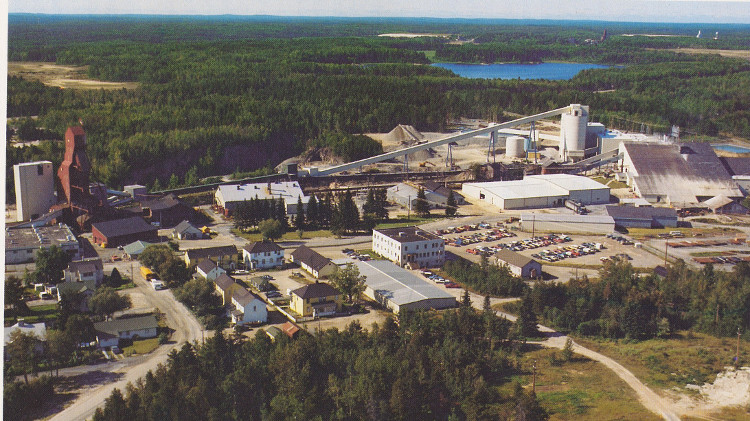One of our go-to resources for information on technology developments in the oil sands over the last few years has been Pathways Alliance, formerly known as Canada’s Oil Sands Innovation Alliance. The organizing idea behind the collaboration between oil sands producers was that they are all contending with the same issues, so why not pool resources to take on the intractable environmental challenges common to them, like tailings and carbon emissions from operations.
It took some time to iron out the details that would allow these competing companies to work in concert, but when those guidelines were established and the work began in earnest, there were interesting and innovative projects supported through this cooperation. This is a win, from my perspective, in a country that does not commit a lot to research and development as compared to its peers. H2NanO, a startup from Ontario that continues to develop its passive water treatment technology, for example, was among the companies that benefited from the support of this consortium.
Information about projects like this and many others, however, has been taken down by Pathways Alliance, which removed content from its website and social media in late June in protest of the passage of federal legislation that is intended to hold companies to account for misrepresenting, or “greenwashing,” their reputations by making unfounded claims about the environmental benefits of their business practices.
The legislation requires that such claims have “adequate and proper substantiation in accordance with internationally recognized methodology.”
Pathways Alliance, along with other energy industry supporters, argues the legislation is too vague and exposes the oil and gas sector to prosecution. The federal Energy and Natural Resources Minister insists this is an over-reaction, but more neutral observers, too, see the risk this legislation presents and how it might deter companies from making environmental commitments.
The unfortunate consequence is that those like us at CIM Magazine, looking to shine a light on interesting and impactful advancements in the oil sands and beyond, have fewer resources available to us to do that.
Removing all such content from the Pathways Alliance site is not about concern over legal liability as much as it is about making a point about who is allowed to say what.
Behind the spectacle of the legislation and the response is a more fundamental question that we, as a country, have yet to coherently address, which is how we reconcile our commitments to carbon emission reductions with our current role as a major oil producer and exporter.
At the moment, we seem to be pulling in opposite directions.




